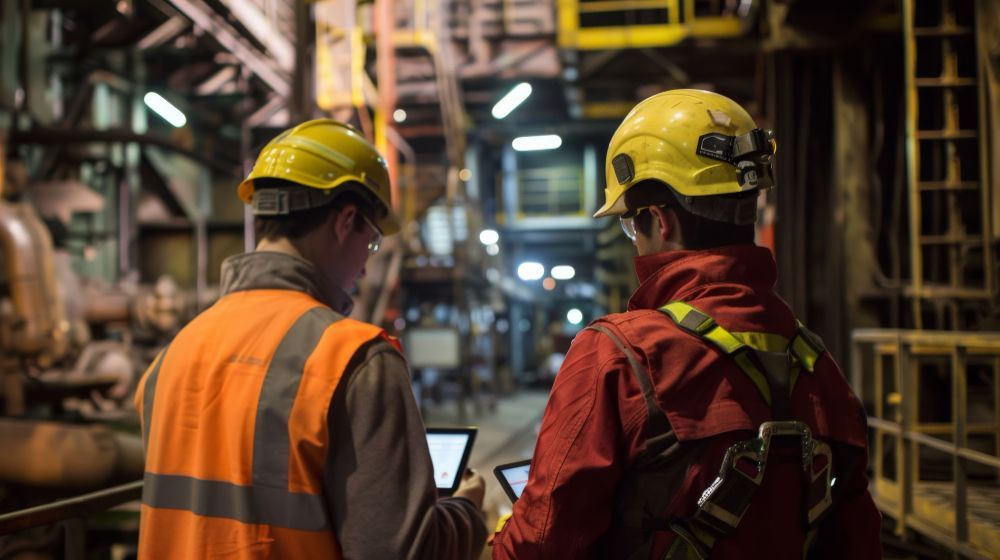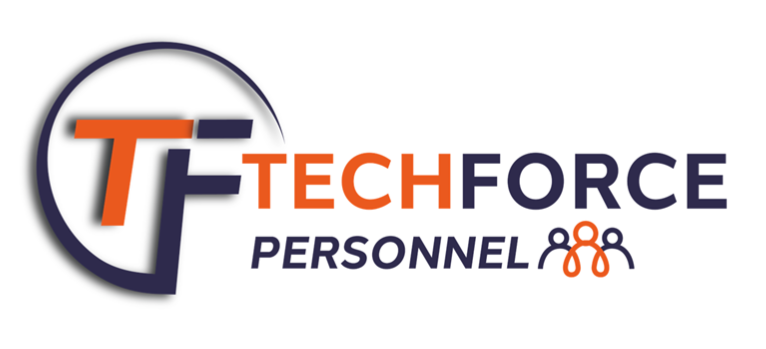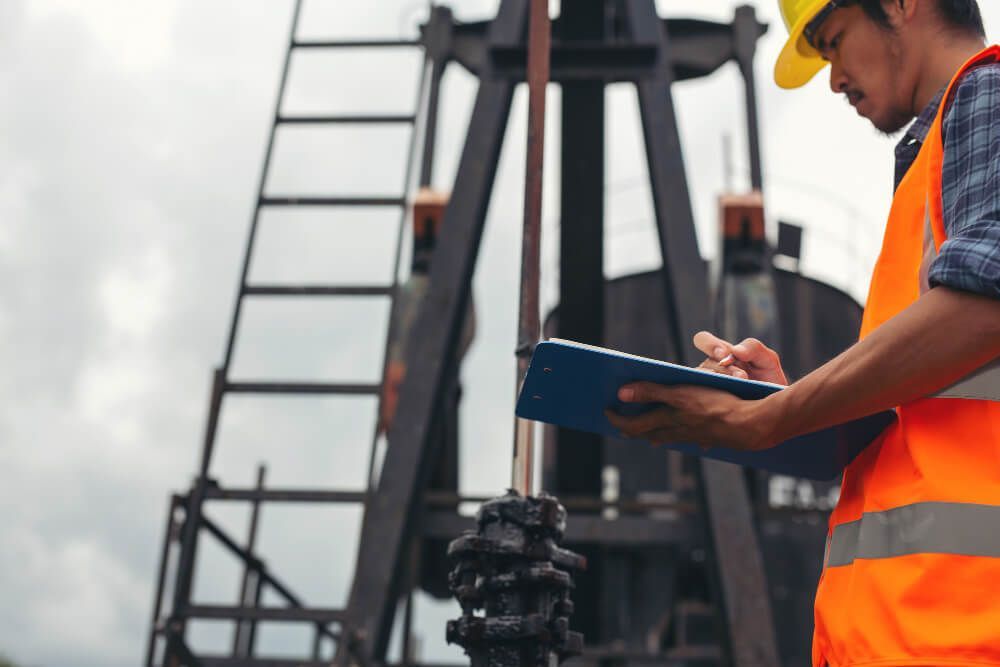One of the most profitable industries in Australia is still mining, which draws workers from all walks of life. Entry-level mining jobs offer competitive pay, first-rate benefits, and room for career advancement, making them a springboard to long-term prospects and financial security. However, the question still stands: how much do Australian mining jobs pay for those who are new to the industry? Let's dissect it.
Understanding Entry-Level Mining Roles
Workers with little to no prior mining experience are the target of entry-level mining positions. People switching from other industries can access these positions because many of them provide on-the-job training.
Typical entry-level jobs consist of:
Driller’s Offsider – Assisting drill operators with equipment and site setup.
Trade Assistant – Supporting qualified tradespeople in maintenance and repair.
Plant Operator Trainee – Learning to operate heavy machinery safely.
Sample Preparer/Lab Assistant – Collecting and processing mineral samples.
Mining Support Worker – Handling site logistics, cleaning, and supply management.
Average Pay for Entry-Level Mining Positions
Entry-level mining wages are still higher than the national average for many industries, despite regional, roster-type, and employer-specific variations in pay.
Pay range projections for entry-level positions in 2025:
- $90,000 to $110,000 annually (the higher end of the Fly-In Fly-Out (FIFO) scale)
- $35 to $45 per hour for contract or casual positions.
Pay-related factors include:
- Roster schedules – e.g., 2 weeks on/1 week off.
- Remote site allowances – Higher pay for working in isolated locations.
- Shift penalties – Extra earnings for night shifts and weekends.
- Employer type – Large mining companies vs. contractors.
Residential Mining Jobs vs. FIFO
Usually, there are two types of mining roles available:
- Fly-In Fly-Out, or FIFO, is the practice of flying employees to distant mine locations for rostered shifts. Because of the travel and isolation involved, these positions frequently pay more.
- Residential Roles: Employees commute daily from neighbouring mining towns. These might pay less, but they can give you a more secure family life.

Extra Benefits Over and Above Base Pay
The extensive benefits package that many employers provide in addition to base pay is one factor that draws so many applicants to mining.
- paid instruction and certifications (such as machinery licences and safety tickets).
- FIFO workers are given lodging and meals.
- programmes for health and wellness that include access to a gym.
- long-term contract retention bonuses.
- pathways for career advancement that lead to more lucrative specialised positions.
How to Get Started in the Mining Sector Without Any Prior Experience
It's not always necessary to have previous mining experience to get a job, despite what many people think. Work ethic, physical fitness, and safety awareness are valued by employers.
How to increase your chances:
- Obtain tickets that are pertinent to your industry, such as White Card, First Aid, and Working at Heights.
- Apply through respectable labour hire companies that specialise in matching applicants with mining projects, such as Techforce Personnel.
- Emphasise your transferrable skills, such as your experience with machinery, construction, trades, or logistics.
- For additional opportunities, be receptive to relocation or FIFO rosters.
Prospects for Mining Employment in Australia
There is still a significant need for both entry-level and skilled miners, especially in Western Australia, Queensland, and the Northern Territory. Job security in this industry is encouraging due to continuous investment in iron ore, lithium, and gold projects.
Among the main forces behind growth are:
- Mineral demand for renewable energy (cobalt, lithium).
- extension of current mining locations.
- infrastructure initiatives supported by the government.
Final Thoughts
The answer to the question of how much mining jobs in Australia pay is straightforward: entry-level jobs in the industry offer some of the highest starting salaries in the nation. In addition to compensation, employees gain from extensive training, professional advancement, and a lifestyle that can swiftly support financial objectives.
If you're prepared to take the risk, working with a specialised hiring firm like
Techforce Personnel can help you land the ideal position and get your mining career off to a good start.



